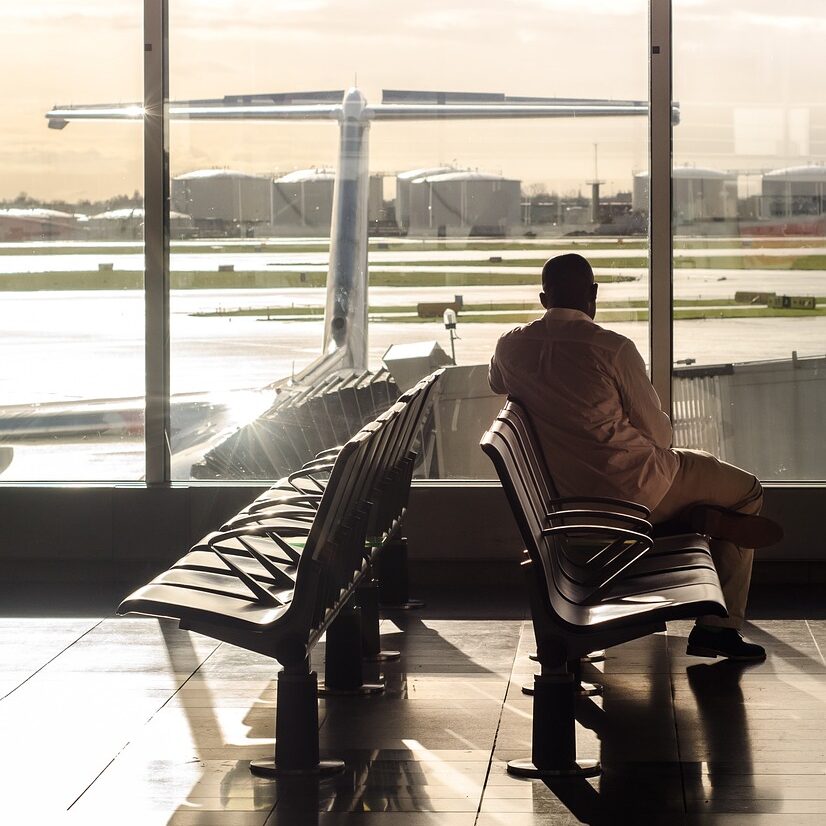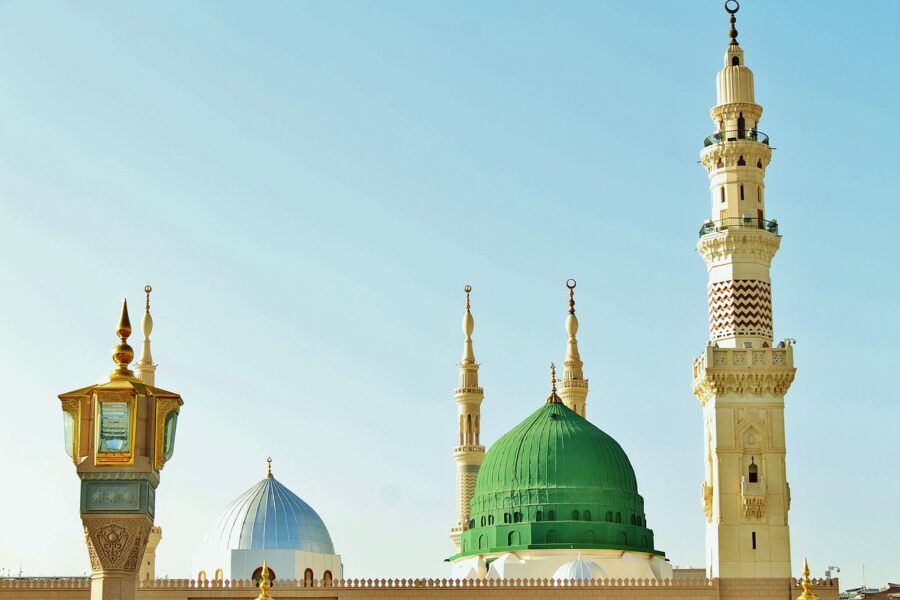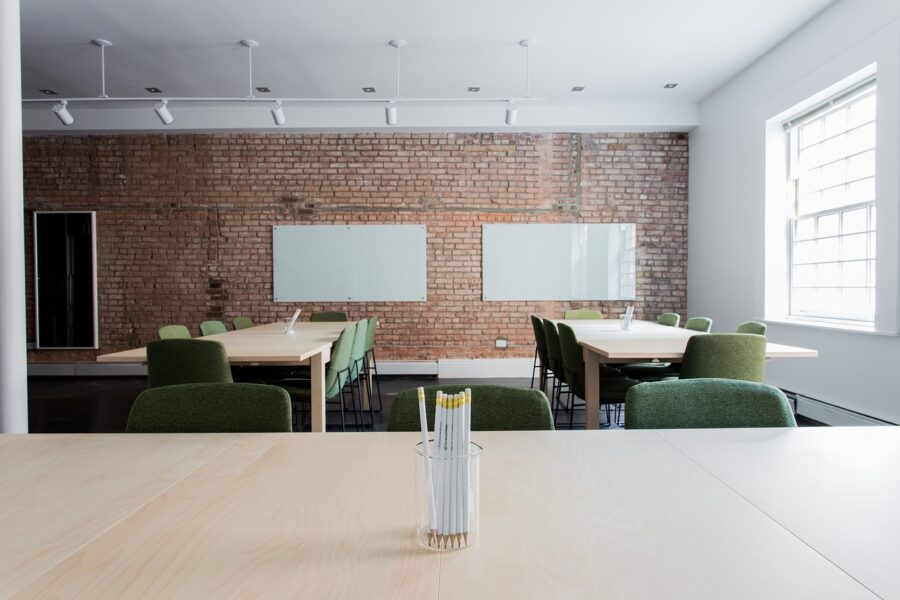The month of Safar, which we entered a few days ago, is the second month of the lunar calendar. Whilst it’s not a sacred month, it follows Muharram, a month which births a new Islamic year. Safar therefore acts as a reminder of our goals, and gives us an opportunity to pause and reflect on our targets that we set in Muharram.
The word ‘Safar’ means empty, and it was first named in relation to when Makkans left their homes in search of provisions due to the scarcity of food in the Winter months.
Safar also holds within it historical significance, as several events in this month in the lifetime of the Prophet (saw), connected to the theme of travel. Travel in the physical sense, but also travelling through a passage of time and through the stages of life. We are reminded that we’re travellers, and not to attach our hearts to this world. The Prophet (saw) said: “Be in this world as though you were a stranger or a traveller along a path.” (al-Bukhari)

It can be extremely difficult to live a life as a traveller, especially in a world where we’re surrounded by entertainment and noise, whose sole purpose is to distract, disturb and divert you.
“This worldly life is not but diversion and amusement. And indeed, the home of the Hereafter – that is the [eternal] life, if only they knew.” (Qur’an, 29:64)
Just as a traveller to a new city or country does not become too attached to the places they are visiting, because they know their journey is temporary, we’re told to approach our life in this world as such. This perspective reminds us that our ultimate destination is the Hereafter, and our focus should be on earning rewards for the afterlife.
“And seek help through patience and prayer, and indeed, it is difficult except for the humbly submissive [to Allah] who are certain that they will meet their Lord and that they will return to Him.” (Qur’an, 2:45)
Hijrah in Safar
The Prophet (saw) was the greatest example of character, patience and perseverance. He (saw) showed us the greatest example of how to live in this world as a wayfarer leaving behind his people, home and life to spread Islam, and for the pleasure of his Lord.
When the persecution from the Makkans became unbearable for him and the believers, the Prophet (saw) was granted permission by Allah to migrate to Madinah. The Hijrah was a significant part of the Prophet’s mission (saw) as it was the next step in spreading the message entrusted to him (saw). Travelling to and rebuilding a life in Madinah allowed to create a community and a safe space for the Muslims to flourish.
The Hijrah took place during the month of Safar and showcases the sacrifices made by the Prophet (saw) and his companions in spreading Islam. To leave your home, and the city in which you created memories is difficult, having to start again in another city not knowing what the future holds is daunting and can teach us about the uncertainties in life, and how we respond to it.

Fatima (ra) and her move
A girl leaving her parental home when getting married is a journey, both emotionally and physically, for both herself and her parents. The Prophet (saw) had a very close relationship to his daughter as she was the youngest, and was recognised for her patience and gentleness.
Aisha (ra) said: “I never saw anyone whose speech more closely resembled that of the Messenger of Allah (saw) than Fatima. When she entered upon him, he would stand up to greet her, kiss her and welcome her, and she would do the same for him.”
In the month of Safar, Fatima (ra) moved out of her family home in which she resided with the Prophet (saw) and moved into her marital home with Ali (ra). It was a significant moment, and once again highlights travelling onto another part of your life in the month of Safar.
The Prophet’s (saw) illness
Getting ill or being tested with your health can impact your life, and affect the journey you’re on, be it your own illness or of someone close to you.
Although the Prophet (saw) did not pass away in Safar, he became extremely ill, the effects of which remained until he (saw) later passed away in Rabi al-Awwal. Despite the intensity of his fever, and being very unwell, he still led the congregational prayer for the community for another 11 days, highlighting his strength and determination.
Embodying their strength this Safar
The journey of life is not linear and presents itself with windy roads, bumps and potholes. It’s all part and parcel of being alive, present and ready to serve the Creator. We’re told we will be tested, and it’s just a matter of how we respond to it and stay strong. The events of Safar serve as a reminder of how we travel through this journey, how we handle the traffic and remain steadfast.

Just as we navigate these roads, there’s plenty of others out there who need assistance; waiting for us to offer them a hand, and be their source of strength this Safar.
The start of term, just days away, is a daunting transition to another stage of life for many children. Whether it’s the progression from one academic year to another, or a greater transition from primary to secondary school, or onto college, it can be a difficult time for children to adjust to. As we ready ourselves for the September start, prepping our children to have the best start for the school term, let’s too build the futures of HHUGS children who have the odds stacked against them.
Provide them new school uniforms and essential stationery today so that they’re able to see a clearer and brighter future.